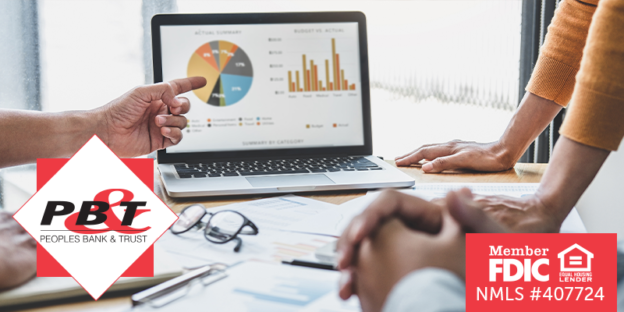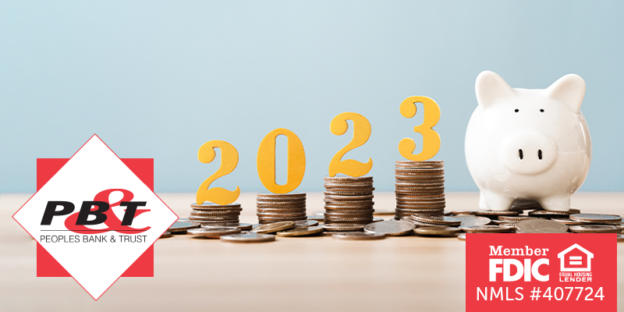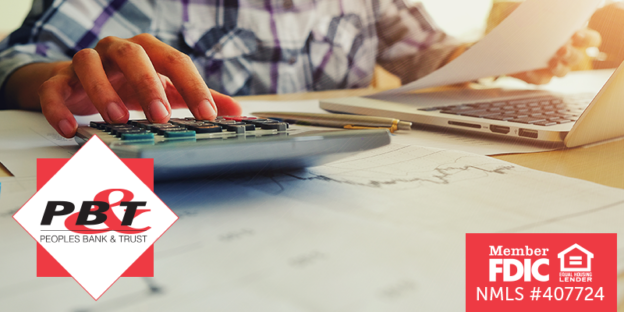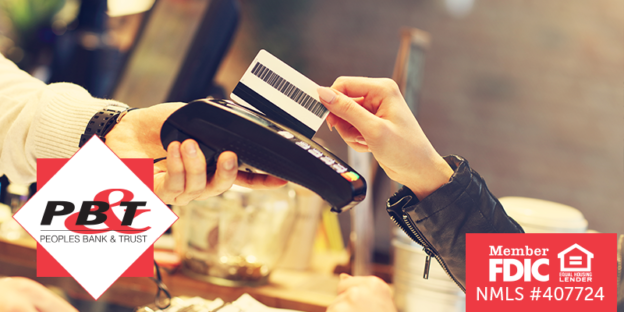As the new year approaches, there’s no better time to lay the groundwork for your financial success. Whether you’re aiming to save for a major purchase, build an emergency fund, invest wisely, or simply gain better control over your finances, careful planning and strategic decision-making are essential. In this blog, we’ll walk you through a series of insightful strategies to empower you to take charge of your financial future in 2024.
Assess Your Current Financial Situation
Assessing your current financial situation allows you to gain an understanding of where your finances stand. It helps you to get a clear picture of your income and expenses, how much you owe (debts), and what you own (assets). It is a starting point for your financial journey. By understanding these numbers, you’ll know how much money is coming in, how much is going out, and where you might have room for improvement.
Define Financial Goals for the New Year
Defining your financial goals for the new year means laying out what you want to achieve with your money. These goals could include things like saving a certain amount of money, paying off debts, or investing in the future. When you set specific goals, you’re giving yourself a roadmap to follow. It helps you focus on where you want to go financially and gives you a sense of direction for your financial decisions. By having these goals in mind, you’re more likely to make choices that align with your priorities and move you closer to what you want to accomplish with your finances in the coming year.
Craft a Budget
Creating a budget involves making a plan for how you’ll use your money. You decide how much you’ll spend on things like bills, groceries, and entertainment. By setting limits and tracking your spending, you can make sure that you’re not spending more than you earn and that you’re directing your money towards the things that matter most to you. A budget gives you a clear picture of your financial choices and helps you make adjustments if you see you’re going off track. It’s a practical tool that puts you in control of your money, making your financial journey smoother and more organized.
Strategize Tackling Debt
Coming up with a plan to tackle your debt in the upcoming year involves creating a smart approach to paying back money you owe. It should be a step-by-step strategy to gradually lighten your financial load. You’ll prioritize which debts to focus on, whether it’s credit card balances, loans, or other obligations. By making consistent payments and considering techniques like consolidating debts or negotiating with creditors, you can make steady progress toward becoming debt-free. This strategy empowers you to take control of your financial well-being, alleviating stress and setting the stage for a more stable future.
Explore Investment Opportunities
Exploring investment opportunities for the upcoming year means investigating ways to grow your money over time. Whether you’re considering stocks, bonds, real estate, or retirement accounts, each option has its own potential for returns and risks. Diversifying your investments – spreading your money across different types – can help you manage risk while aiming for growth. By learning about various investment avenues and aligning them with your goals, you’re taking steps toward building a stronger financial foundation and potentially reaping rewards down the road.
Plan for Taxes
Preparing for taxes in the upcoming year involves getting your financial documents in order and making strategic choices to optimize your tax situation. By exploring deductions, tax credits, and tax-advantaged accounts, you can potentially reduce your tax burden. You can use various tax strategies to create a tax plan that works in your favor. Planning for taxes ahead of time helps you stay in control of your finances, ensuring that you’re not paying more than necessary and allowing you to make the most of your hard-earned money.
Taking control of your finances is within your reach and now is the time to put these insights into action, shaping your financial landscape for a brighter tomorrow. At Peoples Bank & Trust, we are here to guide you every step of the way. Connect with us to explore financial solutions that align with your goals, and let’s work together to make 2024 a year of financial achievements.











